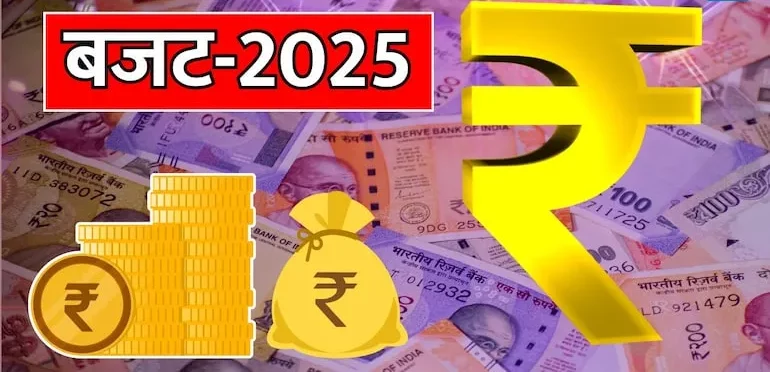Budget 2025-26: Engineering Export Promotion Council (EEPC) India has recommended introducing faceless GST audit assessment for the upcoming Union Budget 2025-26. EEPC believes that this initiative will empower the Micro, Small and Medium Enterprises (MSMEs) while promoting the ease of doing business of the government.
Faceless GST audit can make the processes easier for taxpayers by making them digital and transparent.
Faceless GST Audit: What is it and why is it important?
1. Inspired by the success of Income Tax Department:
- Income Tax Department has already Faceless Audit System Implemented, which ensures transparency and time saving.
- Faceless GST audit will also be based on this model.
2. Digital and Transparent Process:
- This system is completely digital Will happen.
- between taxpayers and officials end direct contact This will increase transparency.
3. Beneficial for MSMEs:
- faceless system compliance cost Will reduce.
- MSMEs will get ease of procedures, so that they Growth and Innovation Can concentrate on.
EEPC India’s suggestions
1. Faceless GST Audit:
Chairman of EEPC India Pankaj Chaddha said,
“The faceless GST audit system will ensure privacy and reduce compliance costs of MSMEs by using technology. This will streamline processes and promote ease of doing business.”
2. Reverse Charge Mechanism (RCM):
- RCM related liabilities Amnesty Scheme Recommended for inclusion under.
- EEPC India says that many exporters Show Cause Notice (SCN) related to RCM have been found, for the solution of which an amnesty scheme is necessary.
3. Relief to exporters:
- EEPC suggested that exporters should be eligible under the amnesty scheme. Section 74 Relief should be given from the show cause notice issued under.
Potential benefits of faceless GST audit
- Increase in Transparency:
- Direct contact between taxpayers and officials will end, which will reduce the possibility of corruption.
- Simplicity of Processes:
- Audit processes will be faster and easier.
- Empowerment of MSMEs:
- Compliance costs of MSMEs will reduce, which will enable them to expand their business.
- Privacy will be ensured:
- The digital system will make the data secure and confidential.
Importance of RCM and Amnesty Scheme
Challenges of RCM:
- MSMEs face various legal issues under the Reverse Charge Mechanism (RCM).
- EEPC reported that many MSMEs and exporters scn Due to which their business is being affected.
Need for Amnesty Scheme:
- Amnesty scheme should be implemented to resolve RCM related disputes and provide relief to exporters.
- This will give businesses a chance to get out of legal complications.
Contribution and role of EEPC
EEPC India It is the main organization representing Indian exporters.
- The purpose of the organization is:
- To solve the problems of exporters.
- To promote MSMEs.
- To act as a bridge between government and industry.
EEPC has taken important steps towards strengthening trade and the economy through its suggestions for Budget 2025-26.
